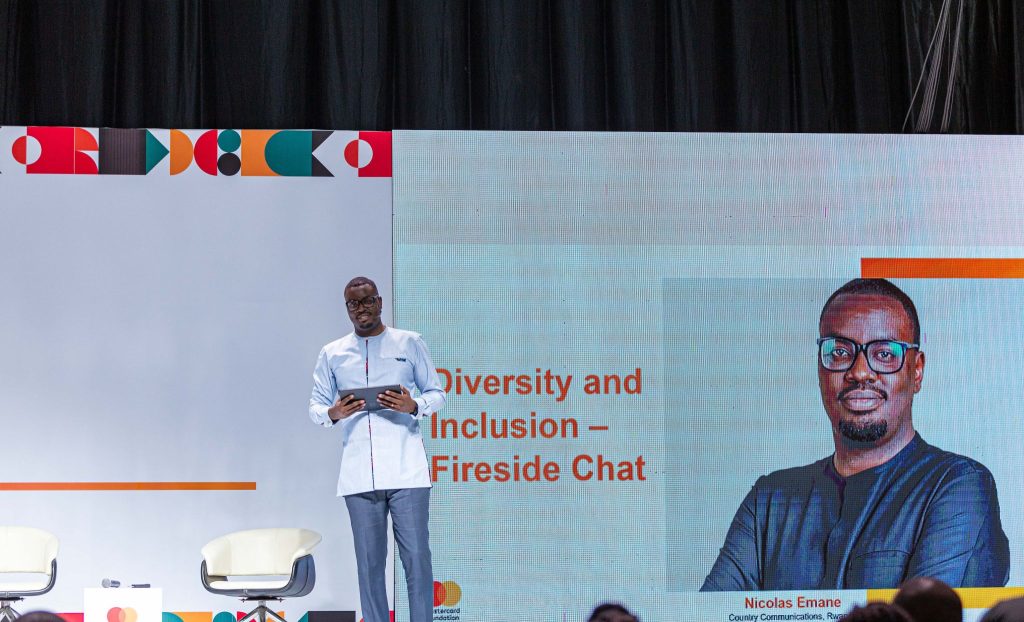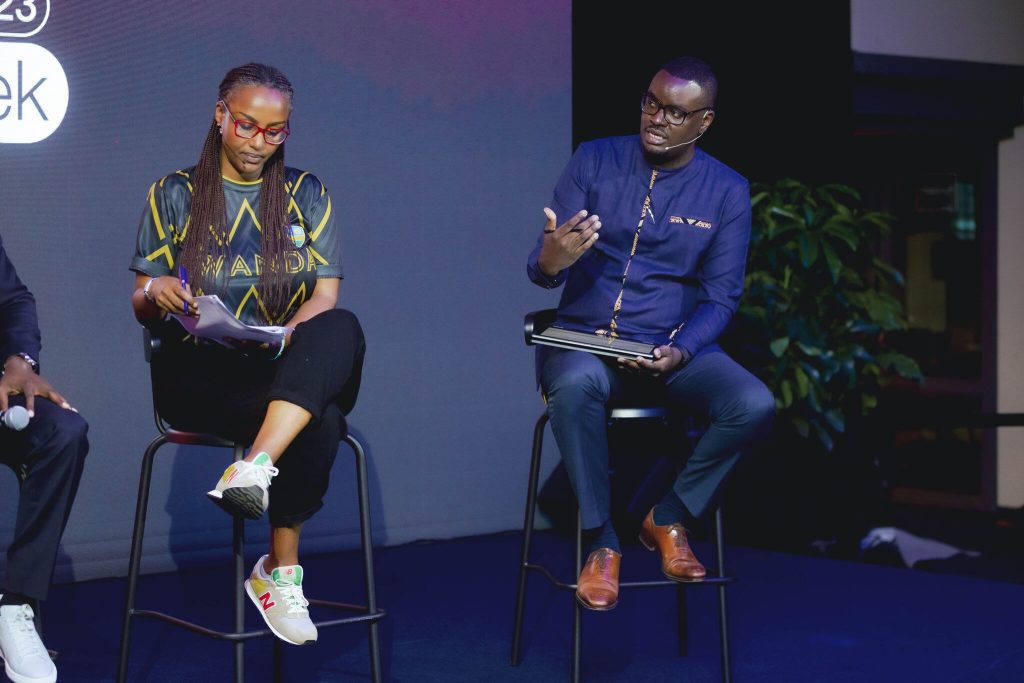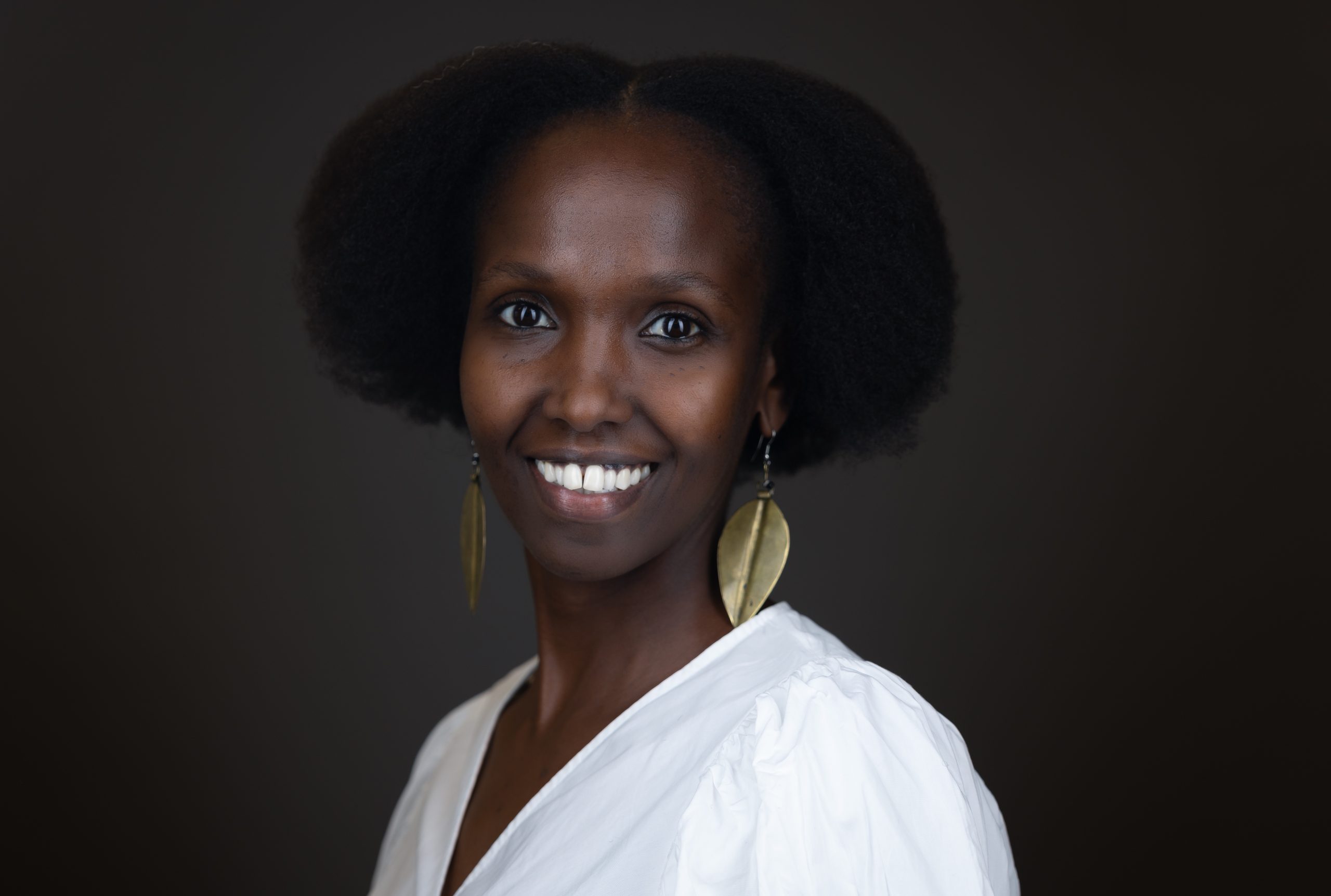This article was written by Nicolas Emane, Partner, Program Communications at Mastercard Foundation and edited by Mina Maboja a Corporate Communications professional at Mastercard Foundation.
As a communications professional, my role often consists of assisting colleagues with speaking opportunities and making sure that what we prepare aligns with the requirements of the occasion. Over the past few years, I’ve had the opportunity to work with a leader, Rica Rwigamba, who insisted on having all the relevant information, enabling her to walk into a room with the conviction that her words would resonate with her audience. Her level of scrutiny gave me the opportunity to design a template that outlines 10 elements to make sure you have the information you need to deliver the right message.
Who will be in the audience (including the number of participants and language disaggregation)?
Knowing your audience is the first step towards crafting your message. Are you speaking to high-level stakeholders or government representatives, or are you speaking to students and young professionals? These questions will help you select the language you want to use and avoid using jargon that no one will understand. If you are able to read the room before entering it, that is victory number 1.
What is the required message (including sample questions and talking points)?
Understanding what is expected of you by the organisers and the audience is the second step towards making a strong address. What are the organisers or you trying to achieve, and what is the expected outcome? These questions will help you craft a strong message that resonates with the audience and the theme of the event.

How does the message align with the work I do or what my organisation does?
Of course, you don’t want to have a message that is disconnected from your expertise and experience and from the work you do, as that bears the risk of not being clear. Therefore, ask yourself: What are the elements of the required message that align with my current position or responsibilities, and how can I emphasise those to make sure my address is symbiotic with the audience, the message, and my vision or that of my organisation?
Who are the other panellists and/or other speakers at the event?
Understanding who else is speaking at the same event is important, as it gives you an idea of the viewpoints they might share on the same message and of the protocols to observe during the ceremony.
Who is the moderator?
You want to know exactly when you are going to be called on stage, if there are last-minute changes, and you also want to ensure that you’ll be referred to accurately. Knowing who the event moderator is and connecting with them beforehand is important to make sure that you can stay up to date on the run of the show and have a strong ally in the ceremony.

Who will be the VIPs in attendance?
Not all the VIPs in the room will necessarily be speakers, so seek additional information about those in attendance, as certain protocols may apply beyond acknowledging the speakers alone. Pay extra attention to what protocols to observe if there are dignitaries or government representatives in attendance.
Venue setup (including audio and video)
You want to get a feel for the room even before entering it to increase your confidence level. Although this information might not be available on the days before the event, ask questions about the setup to set your expectations and prepare accordingly.
Recommended Attire
Being overdressed or underdressed can cause you unnecessary stress! Don’t always assume the dress code information is in the invitation. Connect with the organisers to understand their exact vision for the event. Dinner does not necessarily mean gala dinner; ceremony does not necessarily mean formal attire, etc. Therefore, reach out to the organizers as early as possible to make sure you select the proper outfit.
Event Agenda
From experience, not knowing what is going to happen next is the first stress factor. It is important to familiarise yourself with the event agenda to know exactly when you are required to be on stage.

Will there be media coverage during the event? Press conference? Am I required to speak? If yes, who will be the media houses and journalists in attendance? Are there sample questions?
“Can I get a quote from you?” That can be a stressful question to hear when exiting an event venue if you don’t know about the possibility of media presence. Knowing beforehand if there is going to be media presence and if you are required to speak will help you prepare or simply politely decline. If you have a written speech, you can also share it with the media afterwards and avoid going off-script in an interview you did not prepare for.
There are, of course, many more important elements to prepare for a public speaking engagement, but over the years, I found these 10 to be a simple formula to collect the necessary information. I want to share a special thanks to Rica Rwigamba for her leadership, which helped me strengthen my skills in executive communications by guiding me to understand the mind of a public speaker while they prepare to go on stage.





